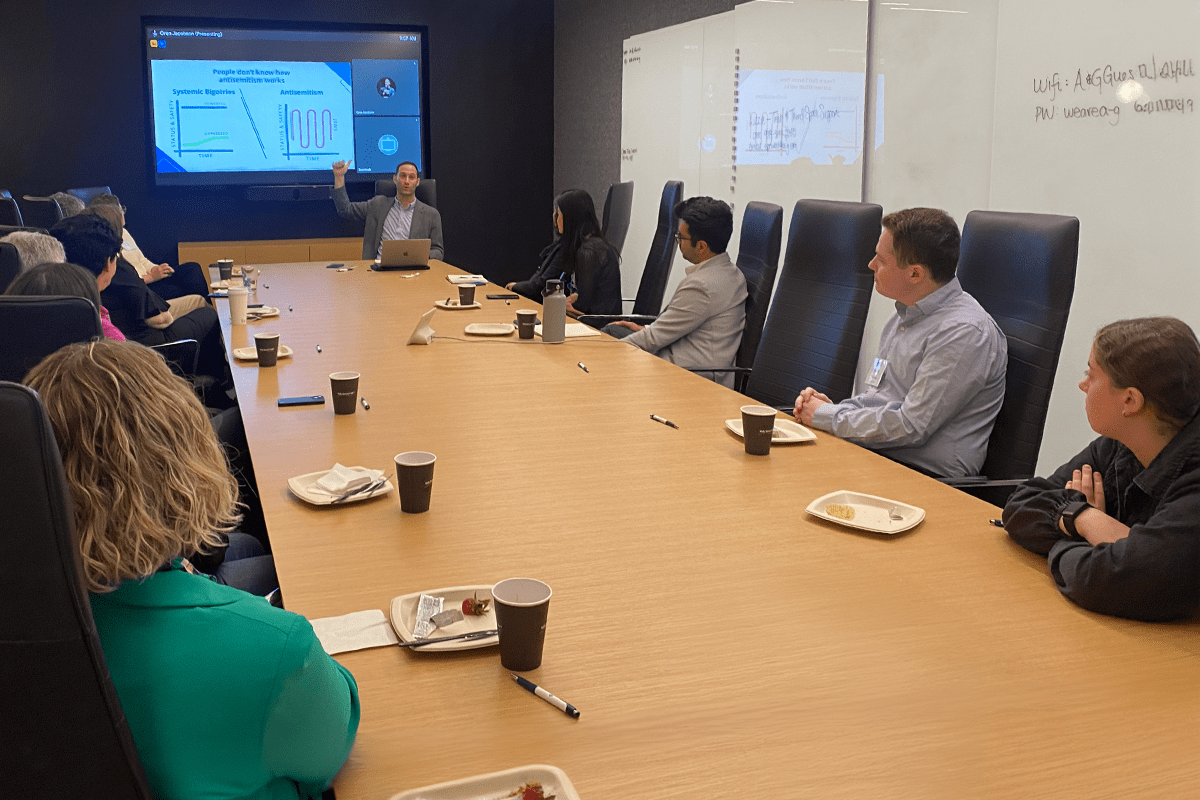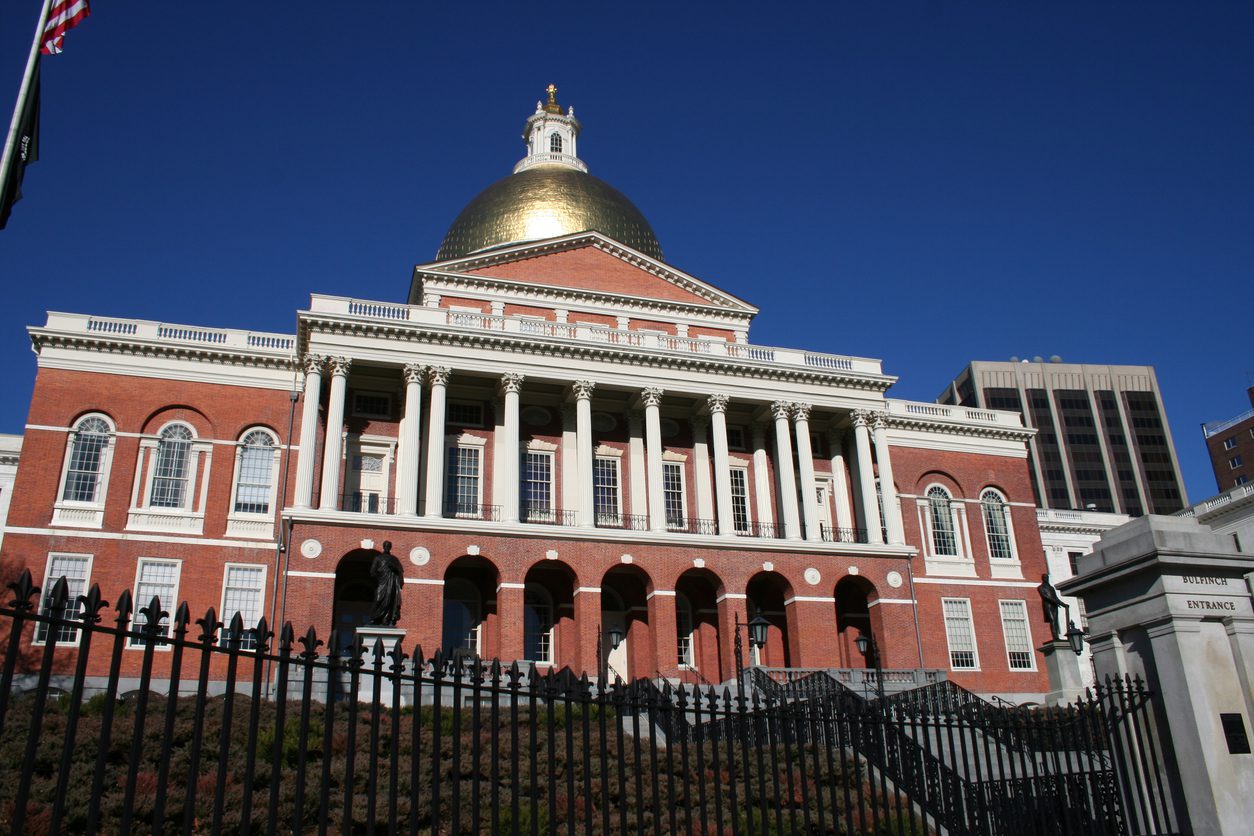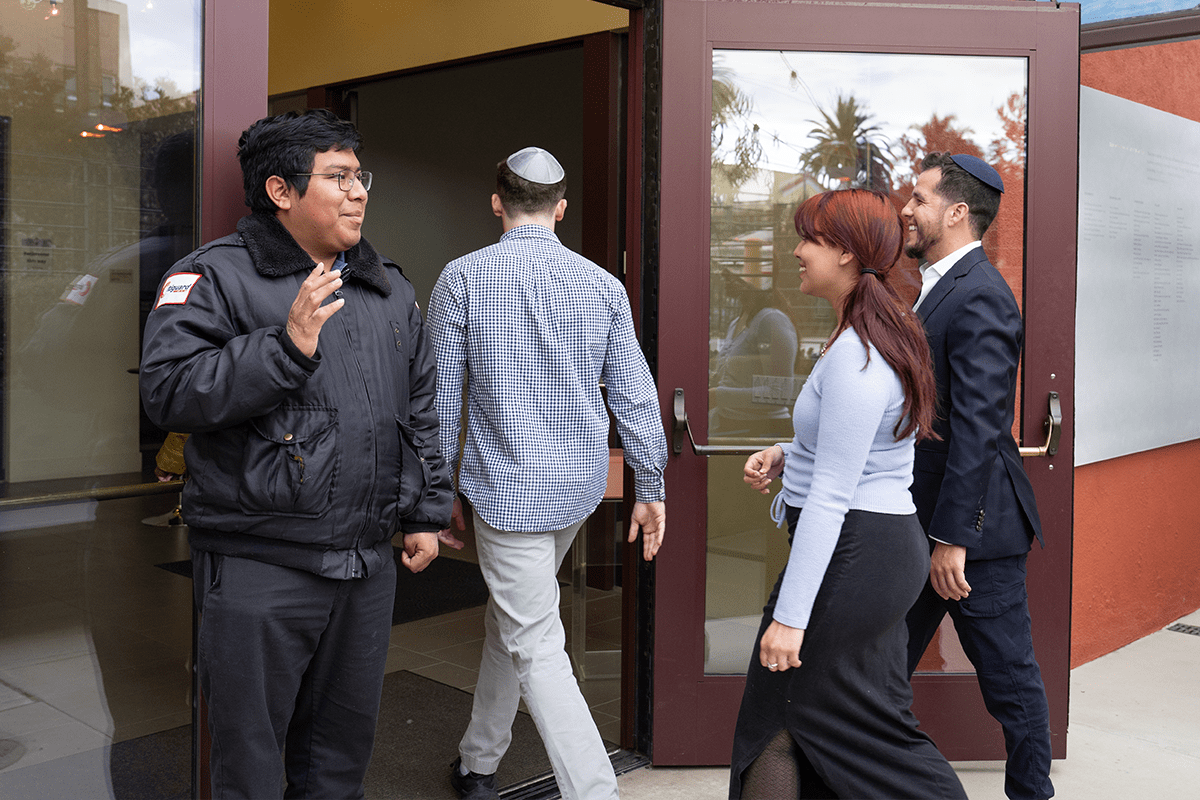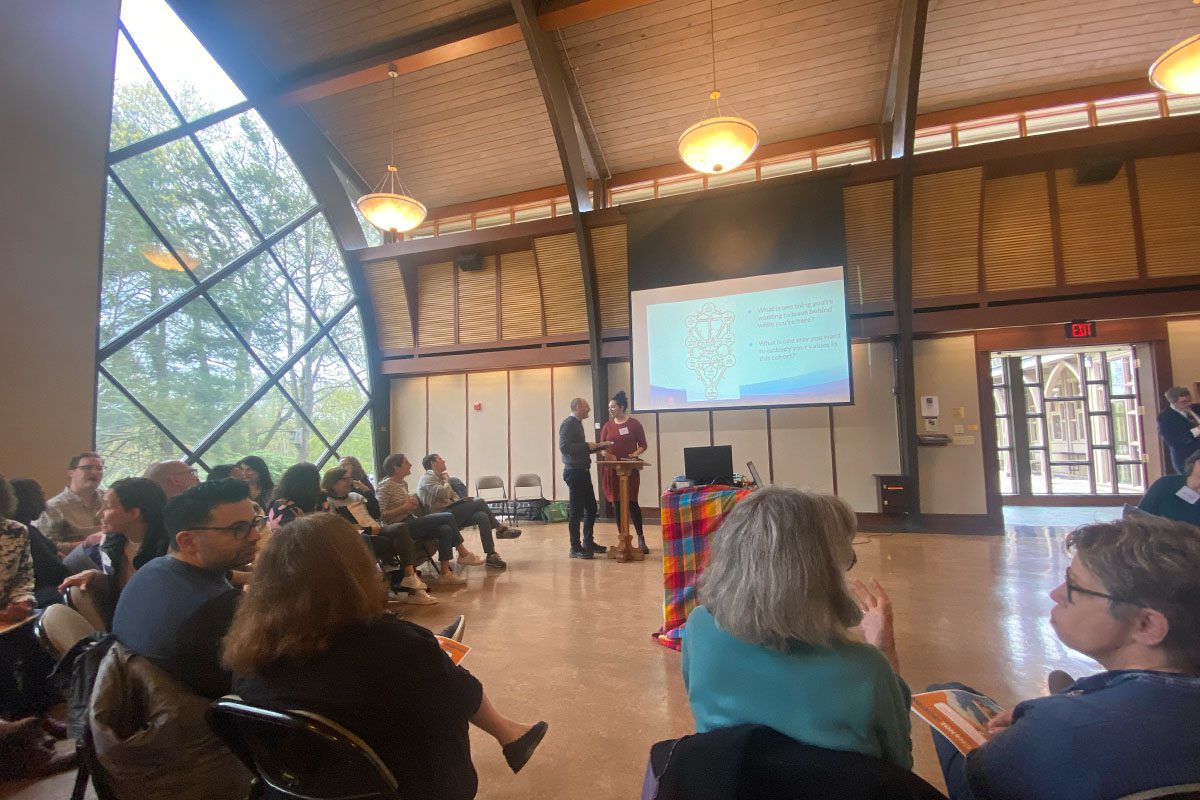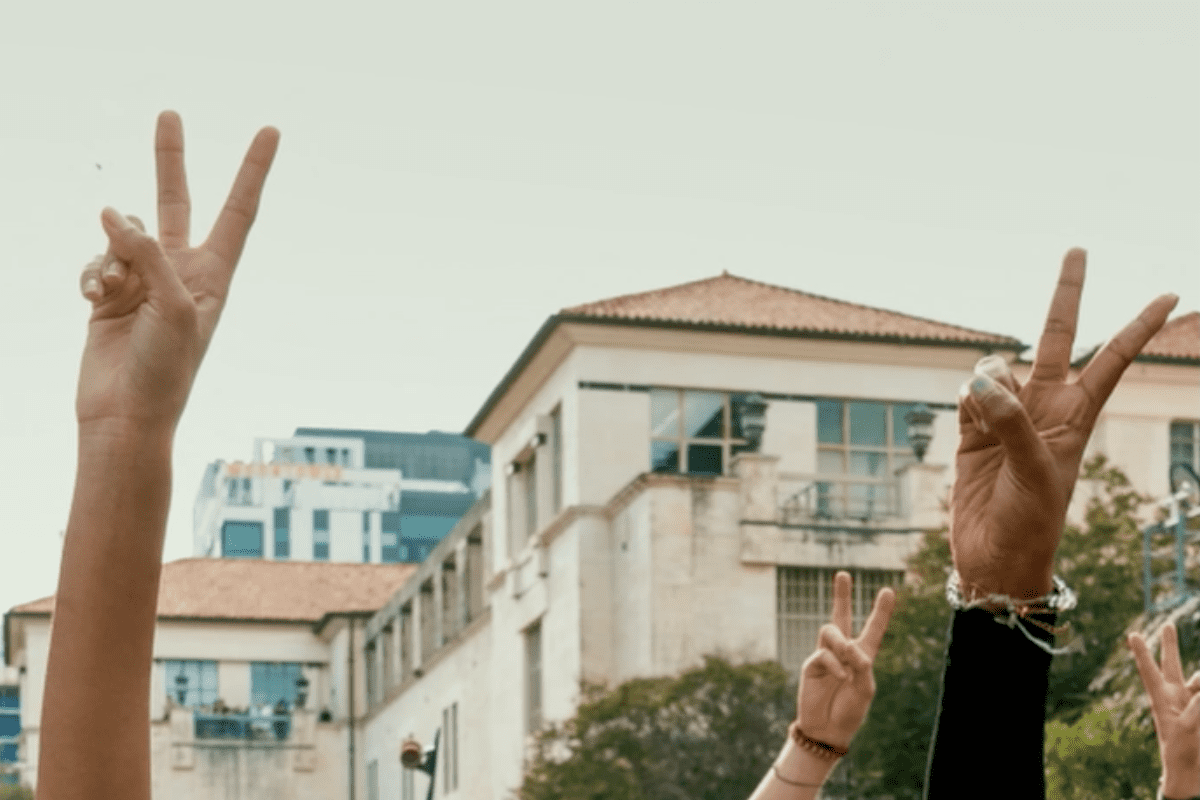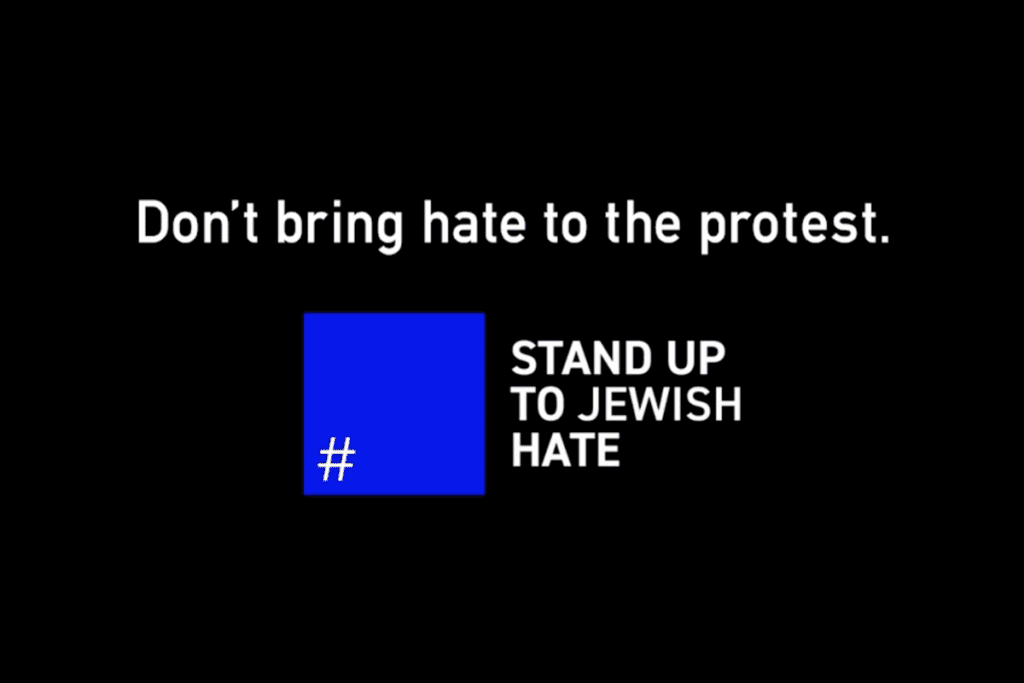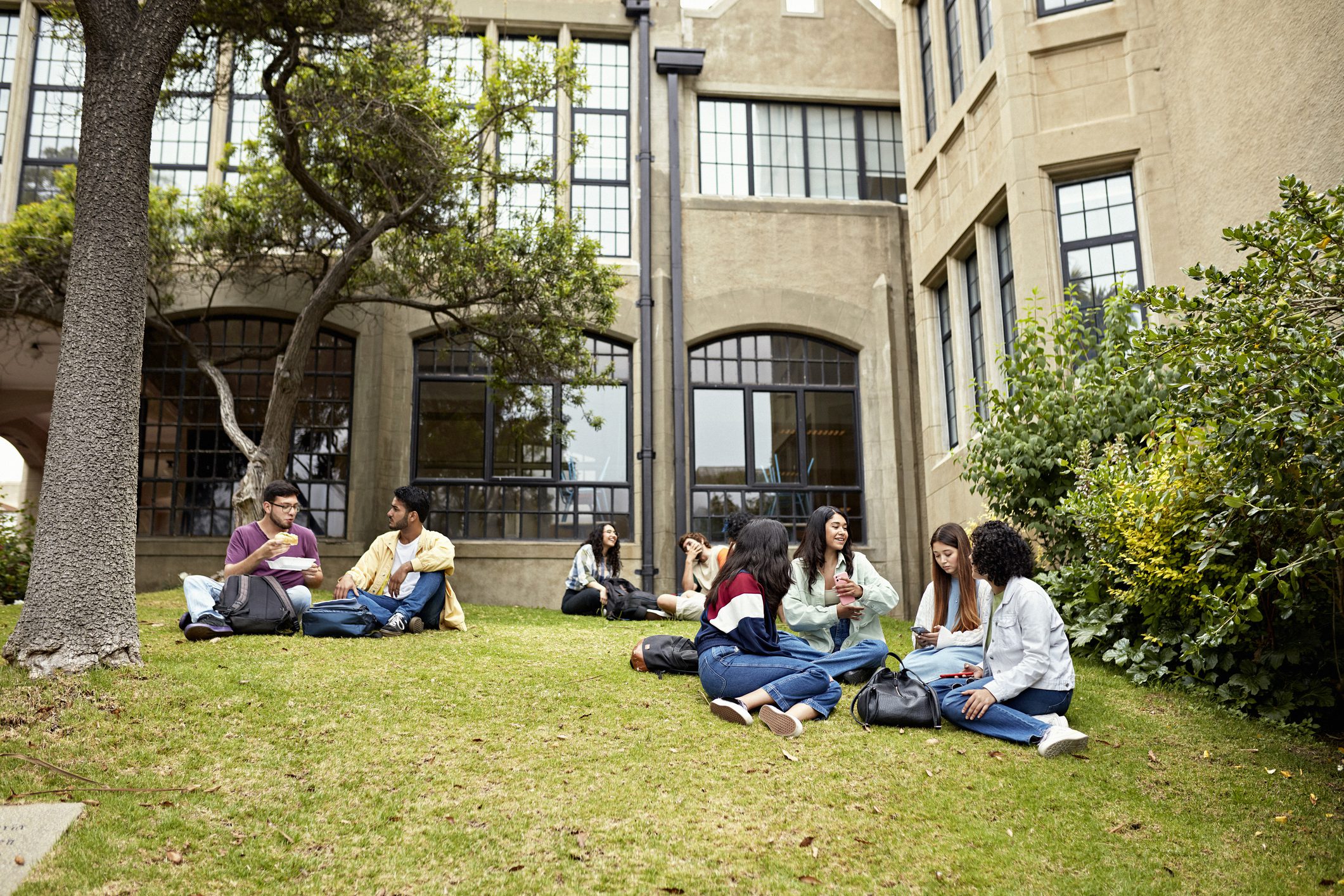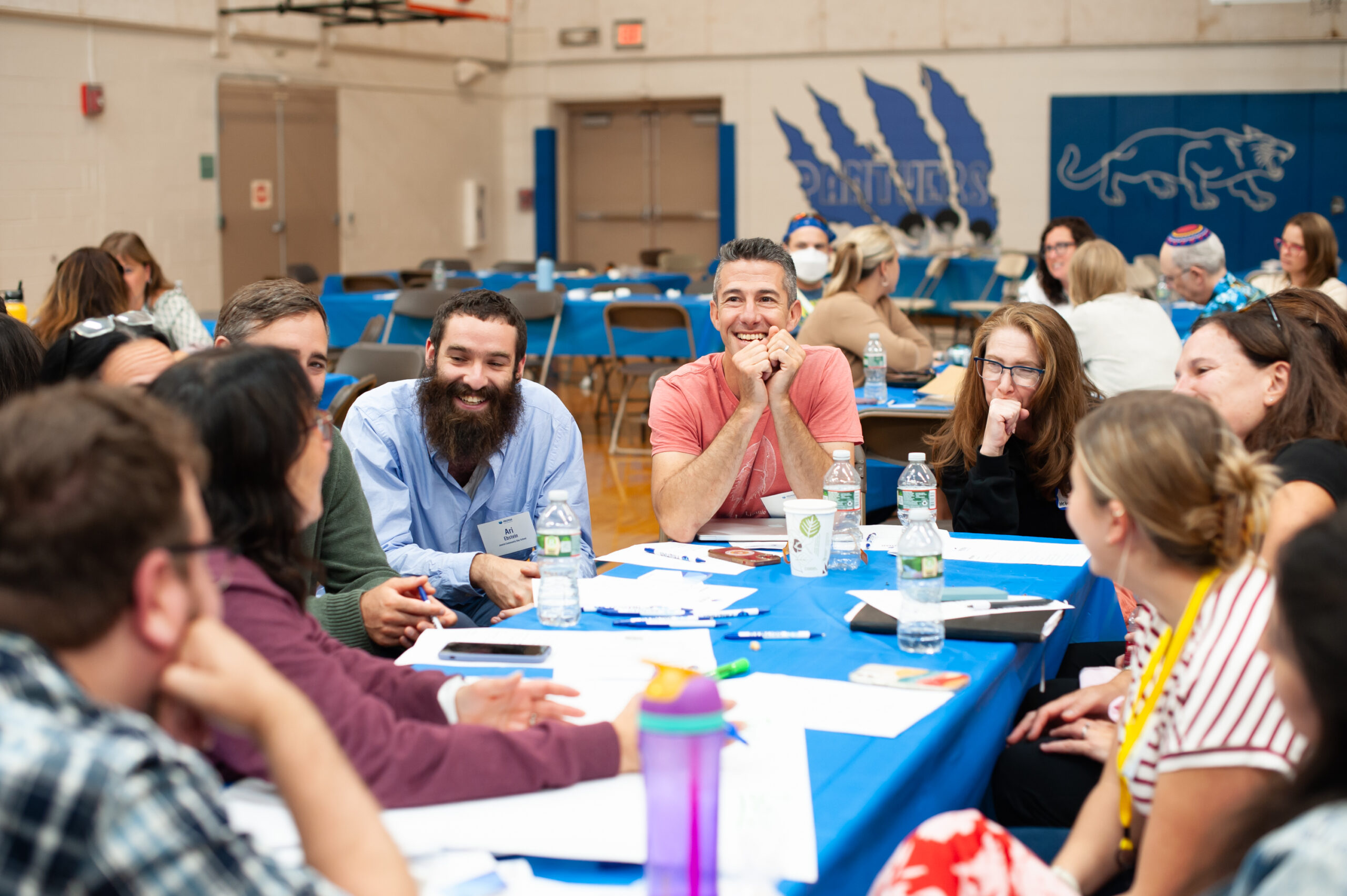Jewish employees searching for a welcoming and inclusive space at work might want to consider forming or joining an employee resource group (ERG).
Antisemitism is a bigger problem than any one person, one organization, or one sector of society. We need a whole-of-society approach to effectively address it, including in the workplace. Jewish employee resource groups are more important than ever.
This is why CJP’s Center for Combating Antisemitism launched the first-ever local workplace antisemitism strategy, focused on bringing resources and tools to businesses and workplaces in Greater Boston to address antisemitism. Are you interested in joining an informal network of Jewish ERG leaders across Boston? Please email AS-info@cjp.org for more information. This network’s goal is for members to learn from each other, connect, and share timely resources.
Leaders of businesses, educational institutions, and civic spaces need the tools and the resources to respond so we can reverse the disturbing trend of antisemitism and strengthen our civic and communal institutions.
WHAT IS AN EMPLOYEE RESOURCE GROUP (ERG)?
An employee resource group (ERG) is a voluntary, employee-led group within an organization that is formed based on shared characteristics, interests, or life experiences among its members, according to Indeed. ERGs are typically focused on fostering a diverse, inclusive workplace aligned with the organization’s mission, values, and goals. The aim is to amplify underrepresented voices at work, often under the diversity, equity, and inclusion (DEI) department.
Key features of an ERG:
- Purpose: Support, advocacy, career development, networking, and promoting cultural awareness.
- Activities: Workshops, networking events, community outreach, and advocacy.
- Benefits to organization: Improves talent retention, employee engagement, innovation, and corporate image.
- Examples: Women’s network, LGBTQ+ group, veterans’ group, Jewish group.
ERGs enhance workplace diversity and inclusion while supporting members’ personal and professional growth.
HOW ERGs ARE DIFFERENT FROM AFFINITY GROUPS
According to the Academy to Innovate HR, affinity groups and employee resource groups are both formed around shared identities or interests, but ERGs are typically formalized within an organization, often with a focus on professional development, networking, and influencing company policies. Affinity groups, on the other hand, are usually less formal and more focused on social support and community-building among members with common interests or backgrounds, without necessarily having an organizational mandate or influence.
THE CHALLENGE FACING JEWISH EMPLOYEE RESOURCE GROUPS
Some Jewish employees have felt left behind in the creation of ERGs. They attribute this, at least in part, to the complex status of Jews in society. People can be Jewish in many ways, from religiously to culturally. As such, employers might be unsure about the role of a Jewish ERG.
“While some Jews are religious, others may be atheists,” the organization Project Shema wrote. “All of us are still part of the Jewish people.”
THE POWER OF JEWISH ERGS TO COUNTER ANTISEMITISM
Amidst a staggering 189% increase in antisemitic incidents from 2022 in Massachusetts alone, it’s more important than ever that we work to encourage workplaces to create Jewish ERGs.
Project Shema states that “attacks on Jews today aren’t usually about how Jews pray, but rather are about what people accuse Jews, as a people, of doing.”
In some cases, Jewish employees have either faced physical harm or felt unsafe outside their place of employment. An eJewish Philanthropy article cited a kippah-wearing Jewish employee of PricewaterhouseCoopers (PwC) who was attacked near his office. A PwC Jewish ERG encouraged management to acknowledge antisemitism as a motivation for the attack. In a Psychology Today article, author Deborah Grayson Riegel recalled giving a presentation to a Fortune 500 company’s employees, one of whom reminded her colleague to hide her Star of David necklace when taking mass transit home.
“With so much of the Jewish workforce feeling at risk,” Grayson Riegel wrote, “organizations need to find ways to help Jewish employees feel safe, included, protected, respected, and heard. A Jewish employee resource group can do just that.”
CJP’S CENTER FOR COMBATING ANTISEMITISM SUPPORTS JEWISH EMPLOYEE RESOURCE GROUPS IN MASSACHUSETTS
Combined Jewish Philanthropies’ Center for Combating Antisemitism (CCA) is responding to antisemitism in Greater Boston and bringing local and national partners’ work together.
By building and leveraging relationships with business and nonprofit leaders, we can mobilize and engage them in our work to ensure that their institutions are safe and supportive places and spaces for all Jews.
This is long-term work, and we’re proud to partner with organizations like Project Shema to incorporate antisemitism education and training into diversity, equity, inclusion and belonging initiatives.
“No robust DEI program is complete without incorporating Jewish identity and countering antisemitism appropriately in their work,” says April Powers, vice president of diversity, equity, and inclusion at Project Shema.
MORE INFORMATION AND TOOLS FOR EMPLOYEE RESOURCE GROUPS
There are many resources available online to help you learn about and form your own Jewish ERG. The list below includes information, resources, toolkits, and links to individual Massachusetts Jewish ERGs and affinity groups.
Learn more about employee resource groups in general
Learn how affinity groups are different from employee resource groups
Find out how to create and support Jewish employee resource groups
- Toolkit: Employee Resource Groups: Forums for Success (ADL)
- An FAQ for DEIB Professionals on Jewish ERGs in Your Organization and Antisemitism (Project Shema)
- Why ‘Employee Resource Groups’ Are the Next Big Thing in Jewish Life (eJewish Philanthropy)
- How to Support Your Jewish Employees Right Now (Psychology Today)
Massachusetts ERGs and affinity groups
- Jewish Faculty & Staff Community Network (Boston University)
- Berklee Jewish Faculty, Staff, and Allies (Berklee College of Music)
- CJP’s informal network of Jewish ERG leaders across Boston (please email AS-info@cjp.org for more information)

